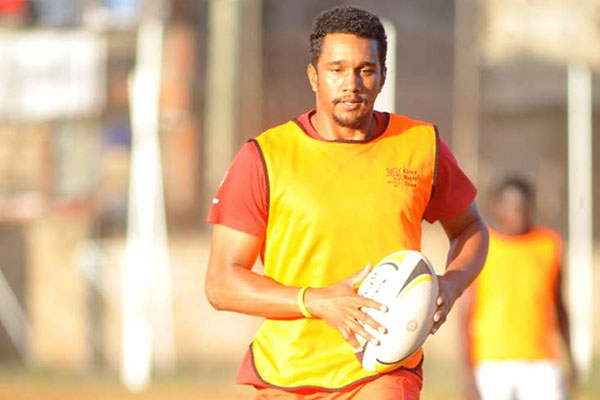×
The Standard e-Paper
Fearless, Trusted News

It is Monday evening when Biko Adema drives into an entertainment joint for this interview.
“How are you?” he asks: in a manner that both says ‘hello’ and inquires about my well-being.